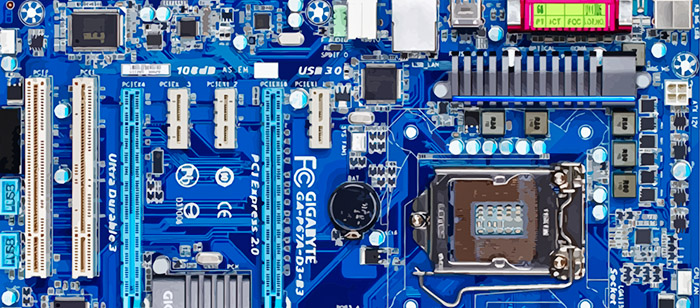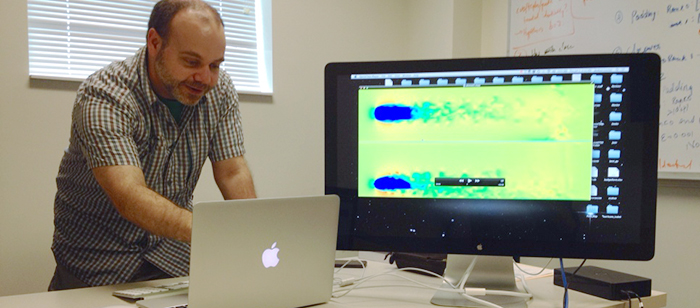
CHMPR Seminar
Medical Epistemology: A Gerontologist’s Perspective
Dr. John D. Sorkin, M.D., Ph.D.
University of Maryland School of Medicine
3:00pm Wednesday, 27 April 2016, ITE 325b
University of Maryland School of Medicine
The randomized clinical trial is the gold standard method by which we test a hypothesis positing an association between an exposure and outcome. Unfortunately many hypotheses are not grist for a clinical trial. It would, for example not be ethically permissible to randomize people to smoking vs. non-smoking if we wanted to study the hypothesis that smoking is associated with increased incidence of lung cancer. Similarly it would not be ethical to randomize pregnant women to being infected or not infected with Zika virus to determine if maternal Zika infection is associated with microcephaly. Clinical trials are also not helpful in determining the relation between a putative exposure and a rare disease such as Pick’s disease (a rare type of frontotemporal dementia) as the number of subjects who would need to be studied is prohibitively large.
The movement over the last decade away from paper-based charts to the electronic medical record (EMR) and advances in the speed of computers allow us to process large volumes of data in near real-time, and herald the advent of clinical studies based on “big data”. The availability of big data requires us to rethink how we can establish an association between cause and effect because the big data we obtain from the EMR are not collected from randomized clinical trials, and as noted above a clinical trial cannot be used to study many diseases. Further making inferences based on the EMR can be difficult because data gleamed from the electronic medical record can be confounded by changes brought about by the aging process which include primary aging (i.e., the aging process itself), secondary aging (i.e., changes brought about by changes in lifestyle as we get older) and tertiary aging (i.e., disease). Fortunately epidemiologists have designed and used study designs other than the clinical trials for years to gain insight into the relation between exposure and disease. The aim of my talk is to review five study designs, cross-sectional, time-series and longitudinal, case-control and cohort study designs, that can be used to identify change, quantify the rate at which changes occurs with aging, and to separate biological aging from the effects of life style and disease. In addition to presenting the five study designs, I will review the strengths and weaknesses of the five study designs. It is my hope that thinking about five study designs will help you design analyses that make use of big data to examine questions relevant to public health and treatment of disease.
Dr. John Sorkin is a professor at the University of Maryland School of Medicine. His research examines the changes that occur with aging in carbohydrate and lipid metabolism, obesity, and body fat distribution. He is interested in measuring the changes and determining the relation of the changes to the development of diabetes, cardiovascular disease, death, morbidity, and mortality. These interests have lead him to try to identify the phenotypes associated with longevity and the genetics of longevity in collaboration with Drs. Shuldiner and Mitchell. Dr. Sorkin is Chief of Biostatistics and Informatics for the Division of Gerontology and is PI of the Statistics Core for the University of Maryland Claude D. Pepper Older Americans Independence Center and Baltimore VA Geriatrics Research, Education and Clinical Center.









